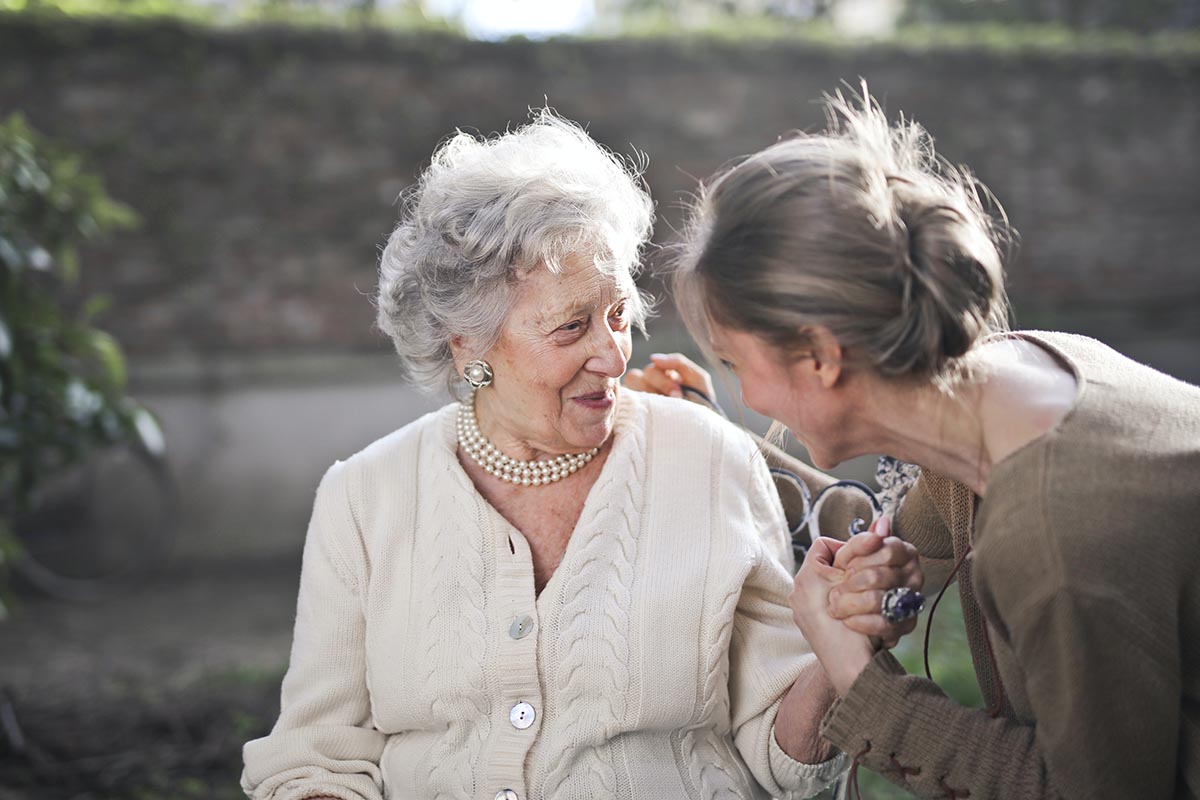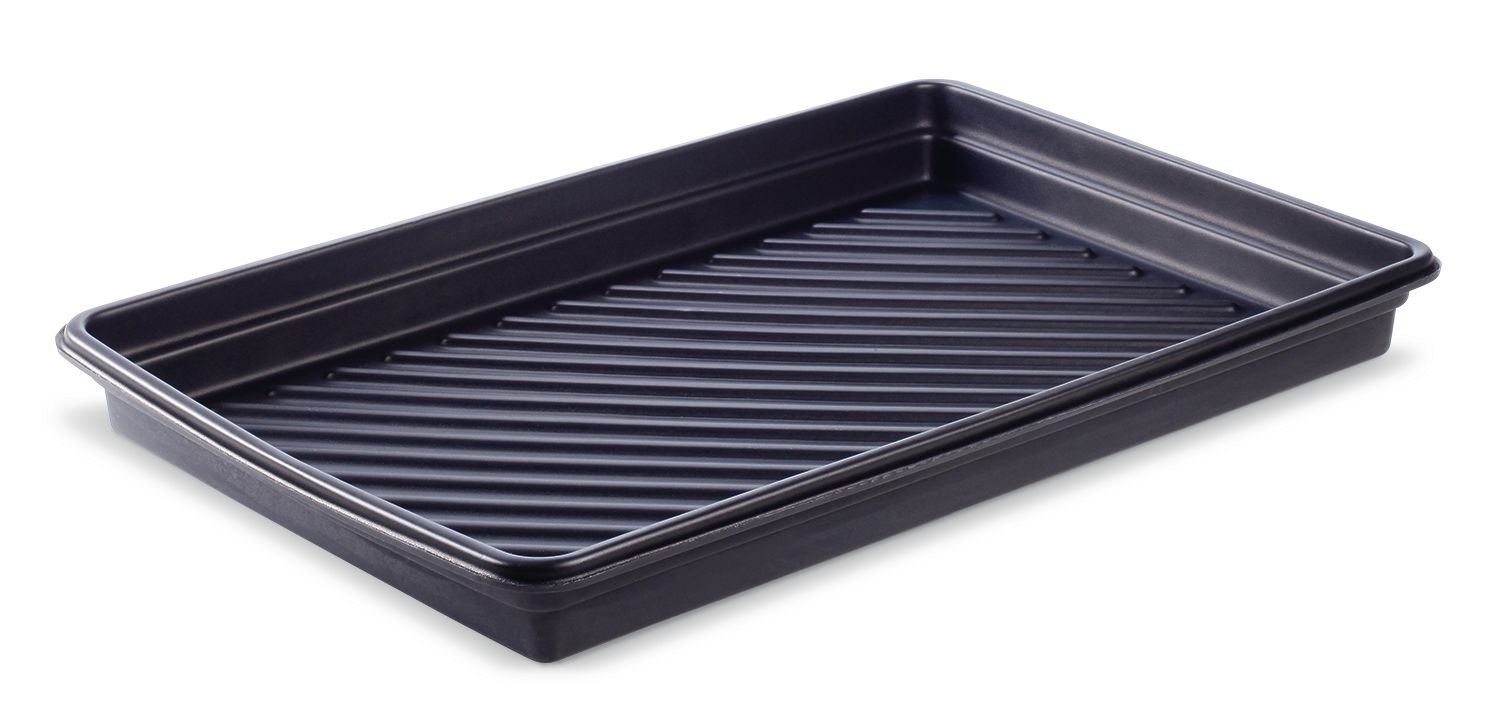Things to Consider When Deciding to Work in Elderly Care
Working with the elderly in any capacity calls for special people with the right personal attributes that mean they have a lot to offer to the aging population. It goes without saying that professional training is important but so is the ability to show respect, patience, understanding, and reliability when the going gets tough.
The difficulty at present is that many people start work without a full understanding and appreciation of what caring actually entails. Duties may sound simple on the surface but working with vulnerable people (and their individual likes and dislikes) can present unique challenges. Providing intimate care can be more emotionally draining than first presumed and some tasks may be physically demanding.
Knowing what’s involved is key
If you are considering a new role or wish to make caring your new career, then it’s important to face the reality of the work. It’s this knowledge that will help you decide whether to follow one of the most rewarding (yet demanding) career paths of your life. Research, whether you decide to work in residential care homes or offer in-home care to the local community, is vital.
What role could you take?
General care of the elderly is fulfilled by 3 main jobs; support worker, home care, and care home assistant but voluntary role-taking pensioners to medical and social appointments will be very different from offering one-to-one care. This is especially the case in a residential home where the very elderly will likely have limited mobility or complex medical needs. To give an idea of the basic tasks associated with elderly care – here is a description of the most common roles:
Home care assistant
Many elderly people choose to have care provided in their own homes to retain a sense of independence. The duties involved in domiciliary care services can vary dramatically depending on the level of supporting an individual needs but the most common tasks involve providing:
- Personal care can include washing, bathing, toileting, and intimate care;
- Preparing meals and assisting with eating;
- Helping administer prescribed medication;
- Helping with cleaning and tidying.
Support worker
Just as valuable a role but one that focuses more on emotional and practical care such as helping with the housework, running errands, and ensuring the elderly person gets out and about in the community.
Work in elderly care: care, home assistant
This role encompasses much of the above but is generally more demanding with most clients requiring additional care and support. Adapting to life in a care home setting can be traumatic so staff will need to be able to provide reassurance and understanding as well as fulfilling social needs. In addition to providing care and companionship; a care home assistant may also be trained to provide:
- Palliative care;
- Specialist care for mentally ill or disabled residents.
Knowing what’s involved in the role you’re looking into could help you settle into your job more quickly and become a more effective assistant to an elderly person.



















